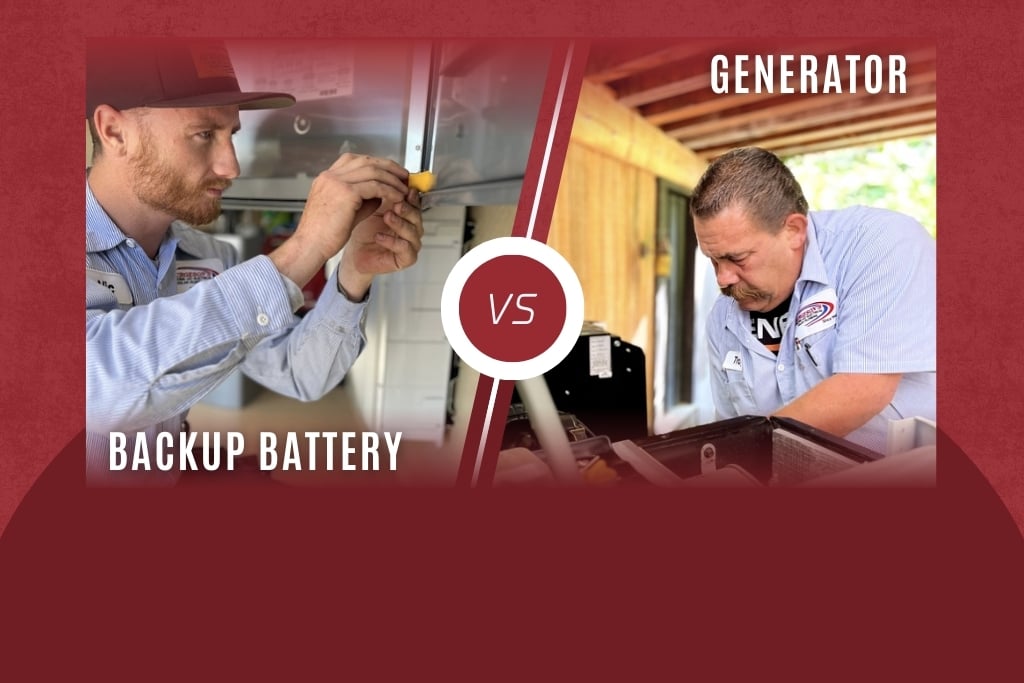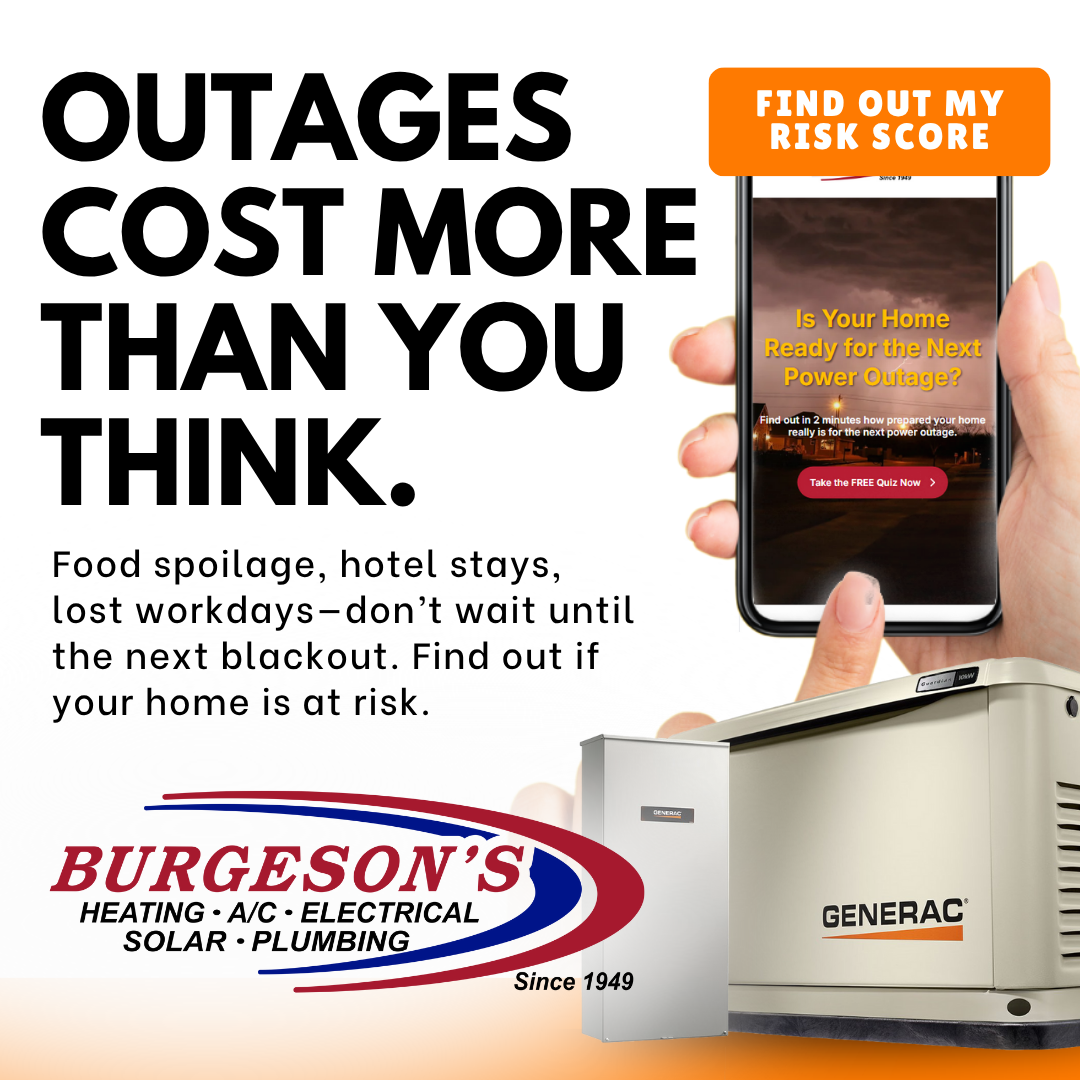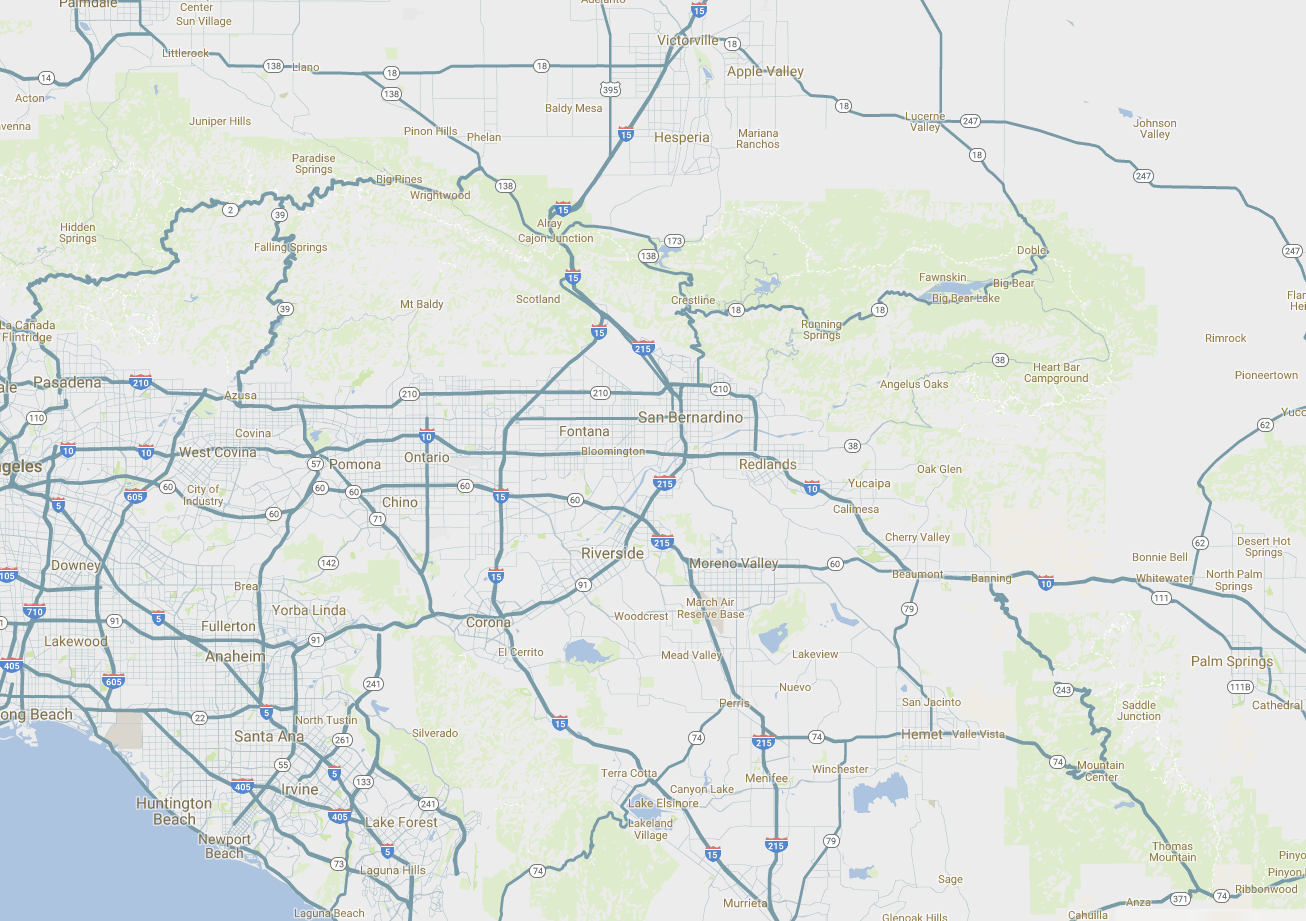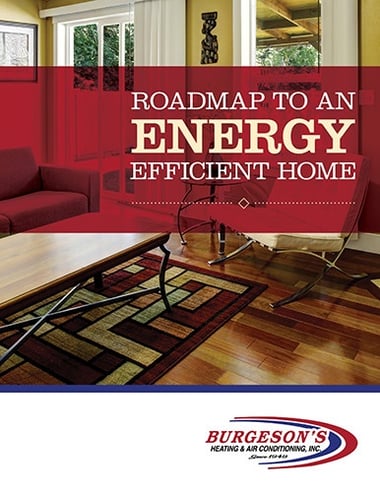BATTERY VS. GENERATOR: WHICH IS BETTER FOR YOU AND HOW THEY OPERATE
With power outages becoming more common due to aging infrastructure and extreme weather, it’s smart to consider your options for reliable backup power. Whether it’s rolling blackouts, wildfires, or windstorms, having a dependable solution ensures your food stays fresh, your HVAC keeps running, and your lights stay on.
If you’ve already started researching generator vs battery options or are considering solar, you might be wondering which setup is right for your home and lifestyle. In this guide, we’ll break down the key differences between home standby generators vs battery backup systems, so you can make an informed decision.
- How Home Standby Generators Work
- How Whole-Home Battery Backup Works
- How to Decide Which One is Best for Your Needs
- Which Is Right for Your Home
Call us at (909) 792-2222 to get knowledgeable answers to all of your back up battery and generator questions. Or click below to request a FREE in-home estimate. With hundreds of 5-star reviews from happy customers, it’s no wonder why Burgeson’s is the Inland Empire’s top choice for whole-home battery and generator installations done right.
How Home Standby Generators Work
Generators provide backup electricity by converting mechanical energy into electrical energy using an internal combustion engine. Most home standby generators are installed outside your home and are permanently connected to your electrical system.
They run on fuel—most commonly natural gas or propane—and can power everything from a few circuits to your entire home.
TYPES OF GENERATORS:
1. Portable Generators: Smaller, mobile, and must be manually started. Best for powering a few appliances or devices during emergencies.2. Standby Generators: Permanently installed, automatically detect power outages, and turn on within seconds. Ideal for whole-home coverage.
How Whole-Home Battery Backup Works
Whole-home battery backup systems store energy to power your home during outages. Typically, this energy is generated by solar panels; however, backup batteries can also be charged using the grid.
THERE ARE TWO TYPES OF BATTERIES:
1. AC batteries convert the alternating current from solar panels to direct current (DC) for storage, then back to AC to power your home.2. DC batteries require an external inverter to manage the power conversion process.
Battery backups are especially effective for homeowners with solar energy systems, or those on time-of-use utility plans where electricity costs more during peak hours.
How to Decide Which One is Best for Your Needs
When evaluating battery backup vs generator, it’s important to look beyond just price or capacity. Below, we’ll walk through key factors to help you compare home standby generators vs battery backup systems in detail.
ENERGY NEEDS AND PRIORITIES
On average, homes require about 20 kilowatts of power. Both generators and batteries can meet this demand, but a generator is better for longer power outages or homes with high energy consumption. If your energy goals include sustainability or reducing utility bills, a battery backup—especially when paired with solar—is the more eco-friendly choice.
FUEL SOURCE
1. Generators require natural gas, propane, or gasoline (for portable units).2. Battery backup systems are powered by solar panels or charged from the grid using electricity.
Batteries offer a renewable, clean power source, while generators rely on fossil fuels.
NOISE LEVEL
1. Generators do tend to be louder, producing engine noise similar to a lawn mower.2. Battery backups are virtually silent, making them ideal for residential neighborhoods or noise-sensitive users.
MAINTENANCE REQUIREMENTS
1. Generators require regular maintenance, including oil changes, valve adjustments and inspections.
2. Batteries are low-maintenance and require minimal upkeep after installation.
Installation Process
1. Generator installation involves a concrete pad, gas line hookups, and permits.2. Battery backups are compact and can be wall-mounted in garages or utility rooms. They require permits and may need additional or updated electrical equipment to function effectively Solar panel integration requires a proper rooftop setup with sunlight exposure.
Environmental Impact
1. Generators burn fuel, emitting CO2 and other pollutants, contributing to greenhouse gases.
2. Battery backup systems use clean energy, especially when paired with solar panels, making them the eco-conscious option.
Power Duration & Capacity
1. Generators can run indefinitely as long as they have fuel and are maintained. They're ideal for homes with high power needs and/or frequent, extended outages.
2. Battery backups typically last 8 to 12 hours, depending on energy demand and battery size. Multiple batteries can be installed for added capacity.
Which Is Right for Your Home?
Still deciding between home standby generators vs battery backup systems? Here are a few user profiles to help guide your choice:
HOMEOWNERS WITH SOLAR PANELS
Go with battery backup. Pairing solar panels with a battery allows you to store excess energy and avoid peak-hour utility rates while reducing your carbon footprint.
FREQUENT OR LONG POWER OUTAGES
Choose a generator. If you live in an area with frequent or extended outages, a generator provides reliable, long-lasting power that can run for days.
ENVIRONMENTALLY CONSCIOUS USERS
Battery backup is best. Batteries offer clean, quiet energy with zero emissions, making them ideal for eco-conscious homeowners.
BUDGET-CONSCIOUS BUYERS
Compare carefully. Generators may have a lower upfront cost, but fuel and maintenance expenses add up. Batteries cost more initially but offer long-term savings when paired with solar.
NEED SEAMLESS, AUTOMATIC BACKUP
Both are viable. Standby generators and whole-home battery systems can both switch on automatically during outages as well as alert you with smart technology. Your choice may depend on whether you prioritize longevity (generator) or clean energy (battery).
Want a backup power source for your home? Get a FREE estimate from Burgeson’s.
Burgeson’s has been a trusted, family-owned and operated company serving the Inland Empire since 1949. Whether you’re exploring generator vs battery options or ready to install a whole-home backup system, our skilled professionals can help.
Call us today at 909-792-2222 or request your free in-home estimate online. We'll help you compare your options and choose the best fit for your needs.














